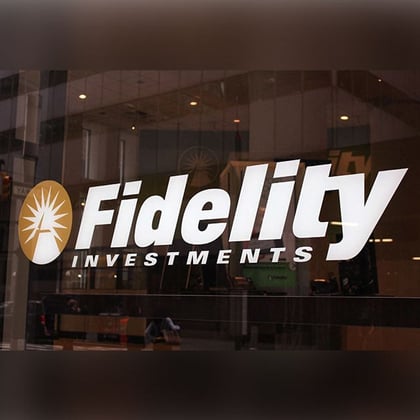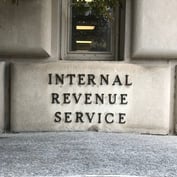What You Need to Know
- The platform is called Sherlock, presumably after the detective Sherlock Holmes.
- The platform's is designed to help institutional investors navigate the digital assets market.
- It provides data and analysis on blockchain, the digital assets market and sentiment, industry updates and more.
Fidelity has launched a digital assets data and analytics platform to help institutional investors navigate that market.
Sherlock, presumably named after the fictional detective Sherlock Holmes, provides data and analysis on blockchain, the digital assets market and sentiment around those assets — Fidelity doesn’t use the word “crypto” or “cryptocurrencies” in its press release — industry updates, and growth and activity of the digital assets ecosystem.
All this information is available in one central location, which can help institutions make investment decisions about digital assets, a company spokesperson said.
“Sherlock helps institutional investors research digital assets more efficiently, and we continue to experiment with it and explore how technology can help simplify other aspects of investing in this space,” said Adam Schouela, head of emerging technology at the Fidelity Center for Applied Technology, which developed Sherlock and is now expanding its earlier limited release while it continues to develop and enhance the platform.
Blockchain is a key focus area for FCAT, which believes that Blockchain and digital assets “will play an important role in the financial industry’s future,“ Schouela said.
FCAT also has a blockchain incubator team that conducts research and builds proofs of concept around specific uses for the technology.









 April 29, 2021 at 01:39 PM
April 29, 2021 at 01:39 PM











